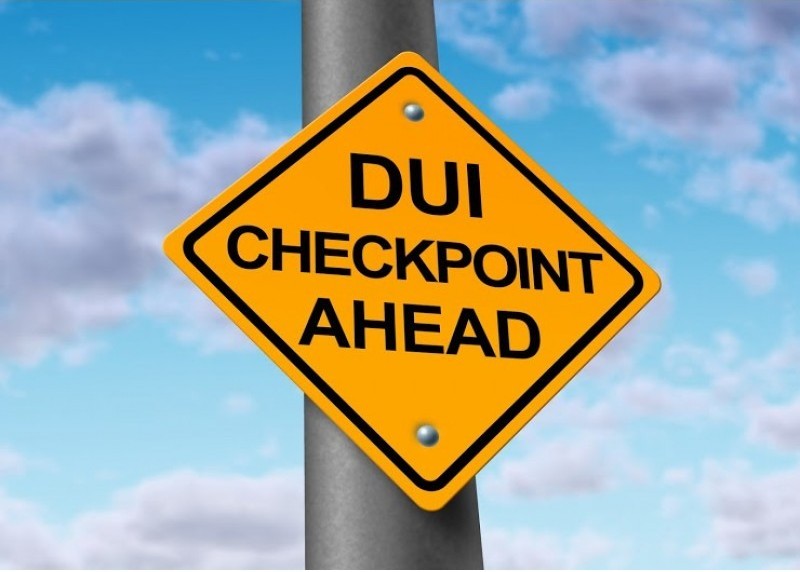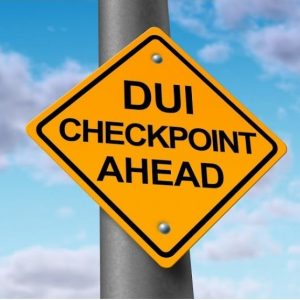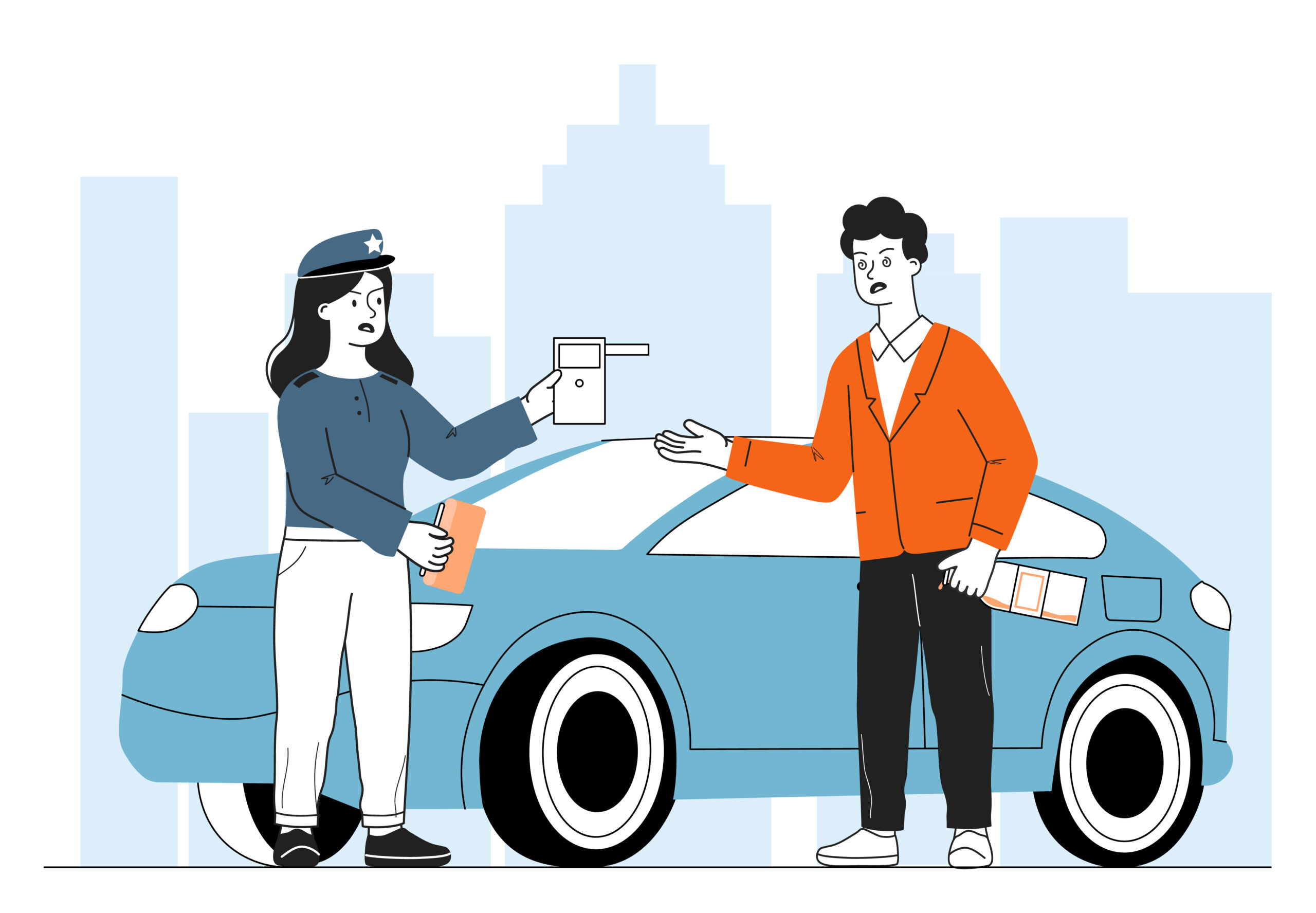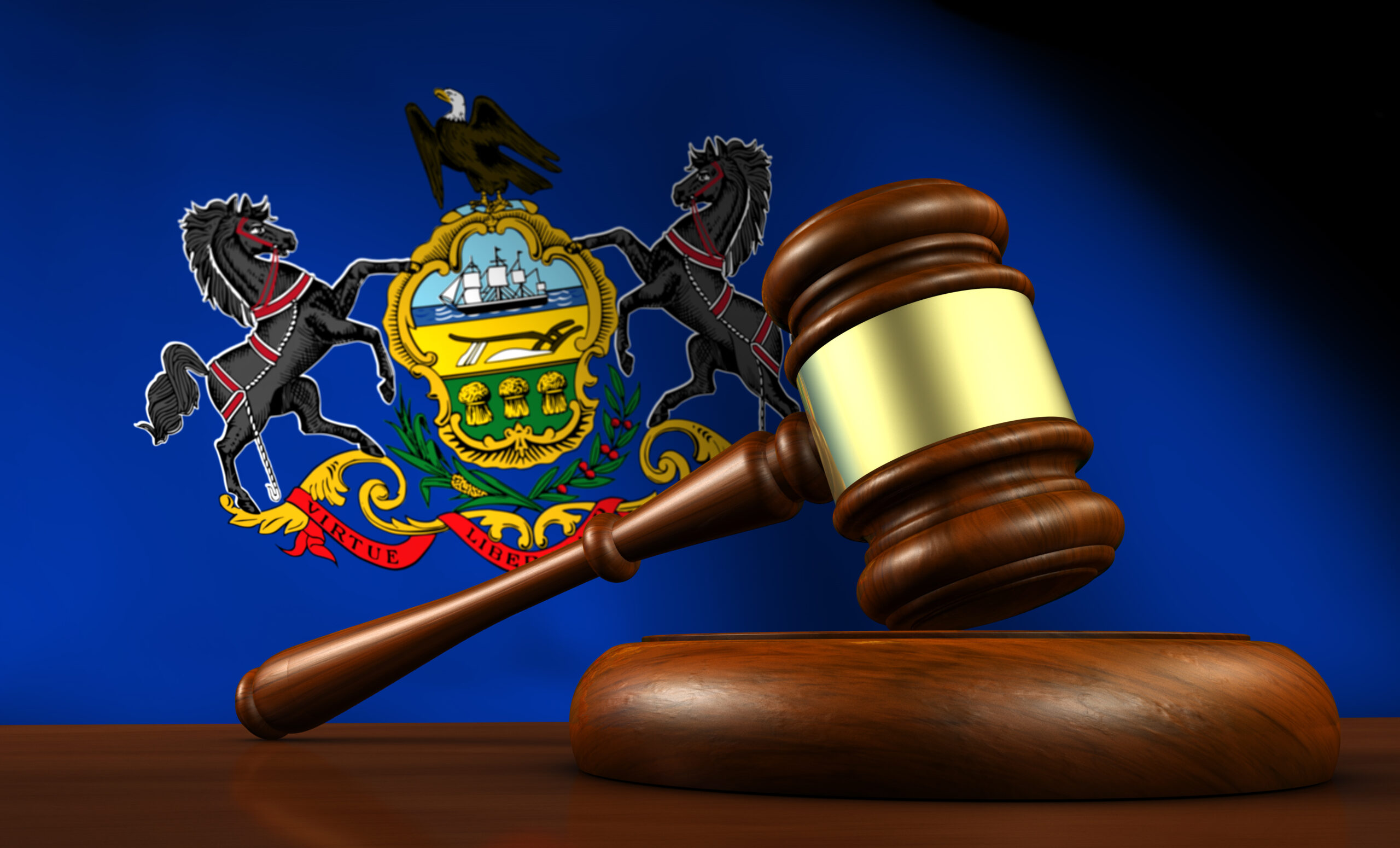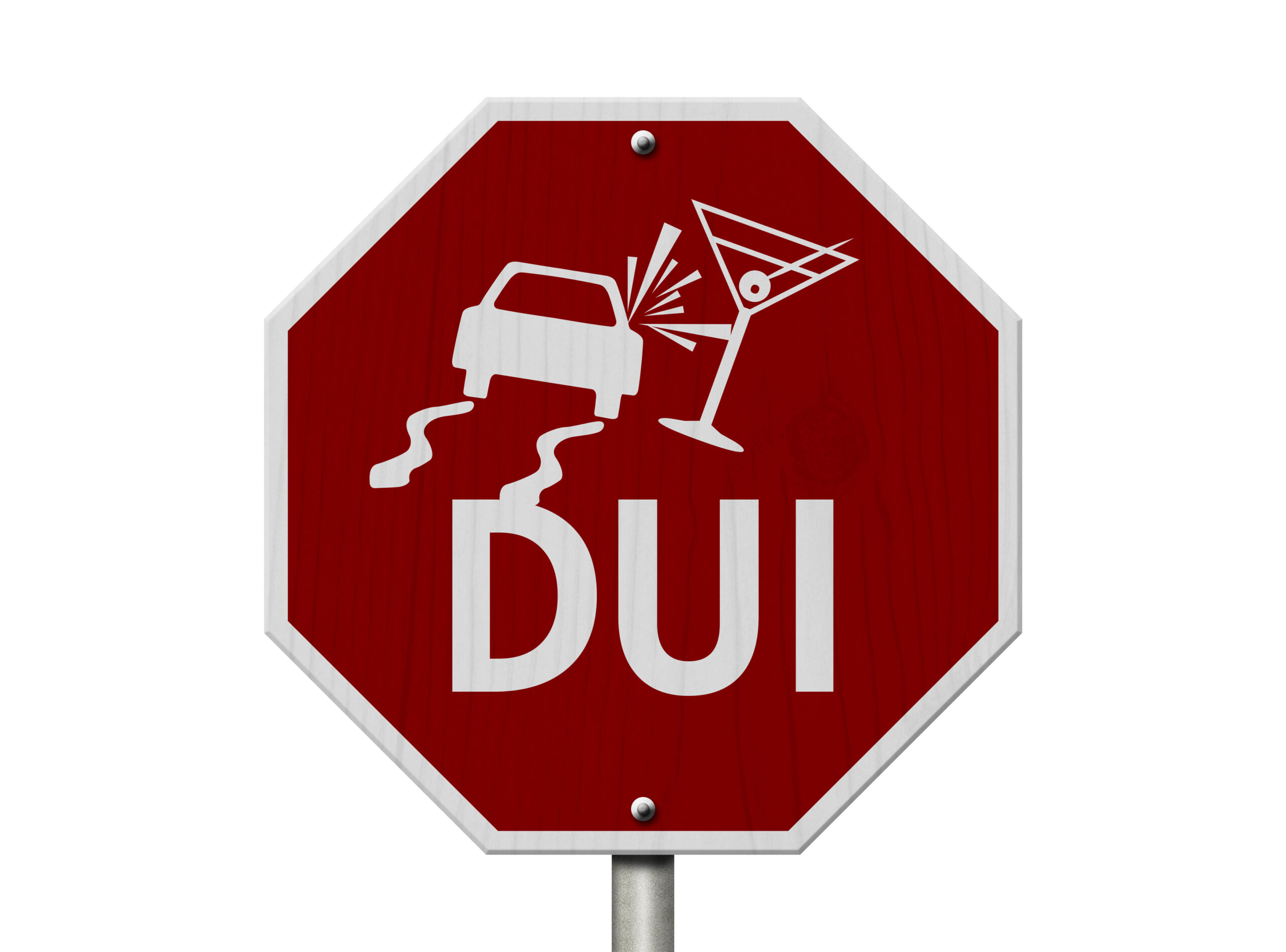Law enforcement officials in the Commonwealth of Pennsylvania, indeed across the United States, routinely initiate sobriety checks (also known as DUI checkpoints). A sobriety check involves blocking the flow of traffic and temporarily stopping vehicles as a means of detecting or identifying intoxicated motorist.
Driver’s License and License Plate Checks
A key element of most sobriety stops is running a driver’s license and a license plate check. With today’s technology, these types of checks typically can be undertaken in a matter of seconds.
Keep in mind that law enforcement officials will not always run a driver’s license or license plate at a checkpoint. An officer may only visually inspect both to ensure they are valid and current on their faces.
Questioning
At a DUI stop, a motorist has the constitutional right to refuse to answer questions. This is the case even if the officer asks a driver, upon making the stop, whether or not the motorist has been drinking or where the motorist has been.
While at a DUI checkpoint, a motorist typically is best served by not responding to questions put forth my enforcement. The motorist should be polite and unconfrontational, but firm in asserting the right not to submit to questioning.
Vehicle Search
In some isolated instances, a police officer may be able to undertake a search of some portion of a vehicle incident to a DUI sobriety checkpoint stop. Such a search becomes possible if probable cause exists to believe that a motorist is intoxicated or that the individual may have committed some other crime.
In this type of situation, a police officer would be able to search the interior of the vehicle, specifically any areas in the vehicle under the immediate control of the motorist. Absent exigent circumstances, a search of the trunk would require a warrant from a judge.
Legal Assistance
A person charged with DUI needs contact a Pennsylvania DUI, such as David C. McKenzie III, attorney promptly. Doing so ensures that his or her rights and interests are protected fully. This includes those associated with being stopped at a DUI checkpoint on a Pennsylvania roadway.

